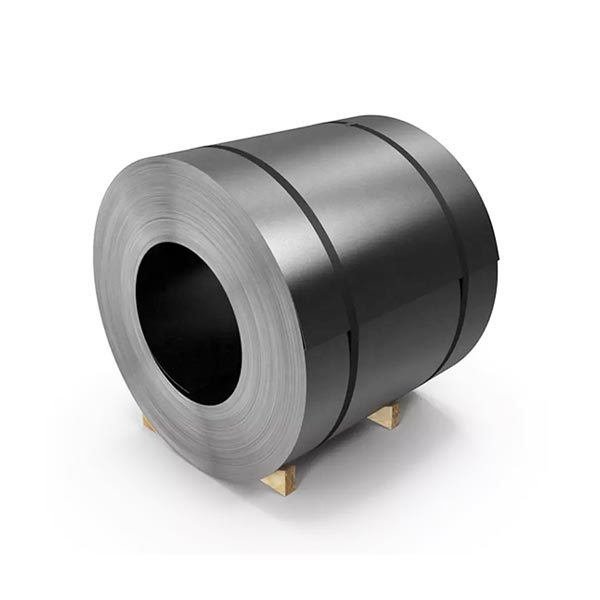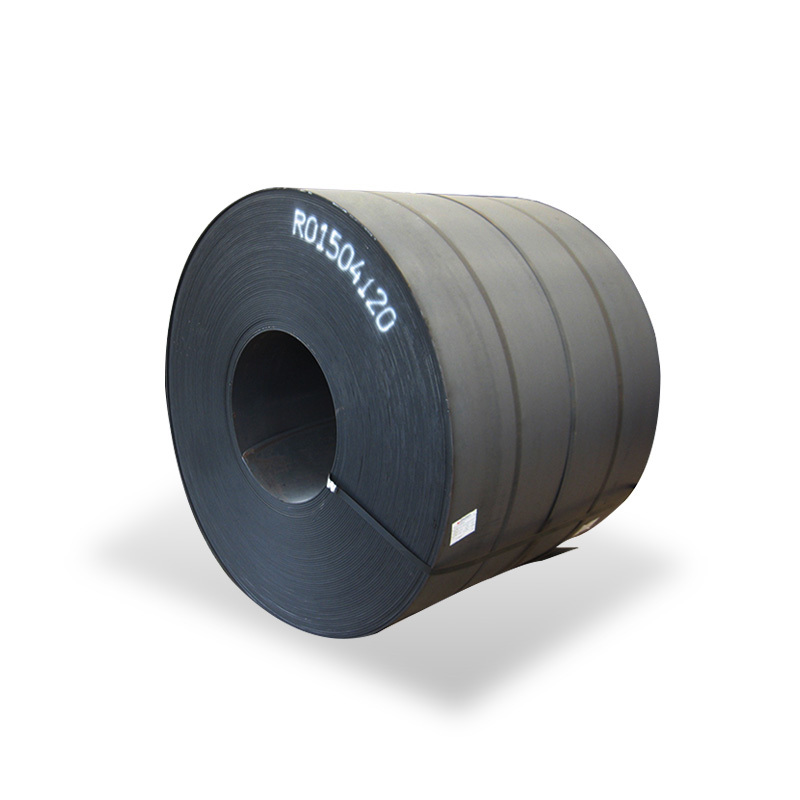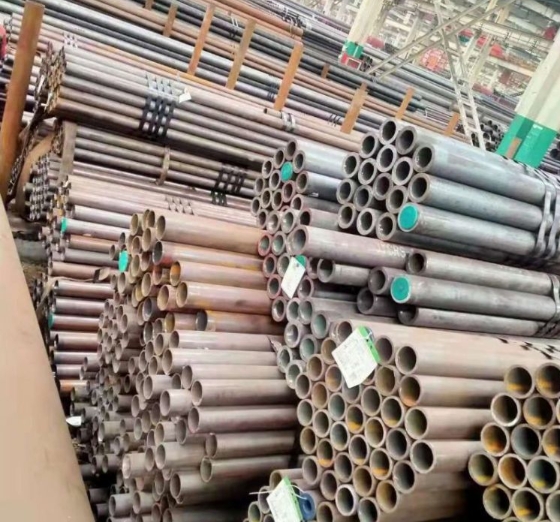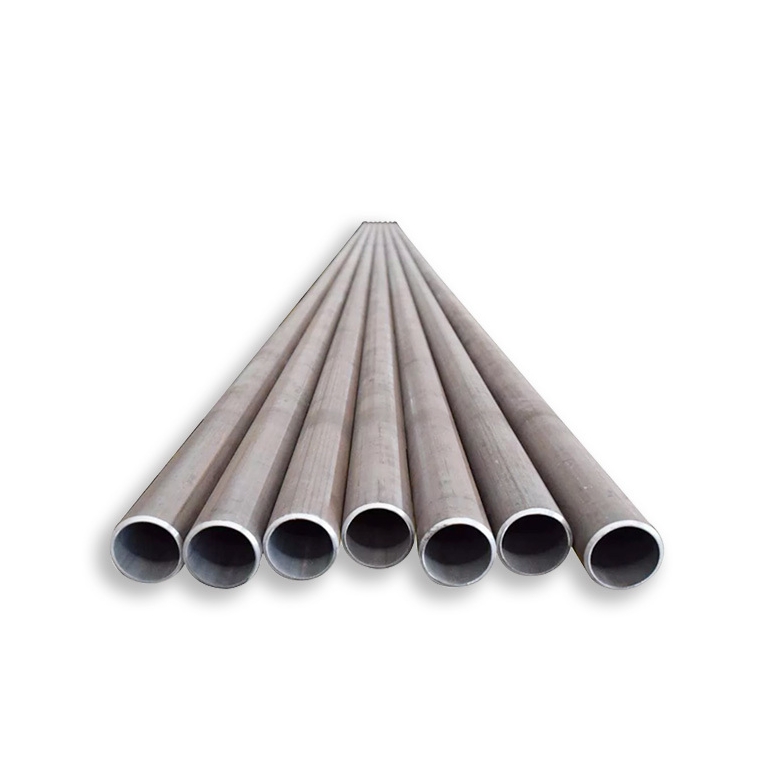Is Carbon Steel Non-Toxic? Answer: Yes, carbon steel is generally considered non-toxic. It is an alloy composed primarily of iron and carbon, with trace amounts of other elements like manganese and silicon. This combination of elements does not produce harmful toxins when used in typical applications. As such, carbon steel is widely regarded as safe for use in both industrial and consumer applications, ranging from construction materials to kitchen tools.
1. Introduction: The Basics of Carbon Steel
Carbon steel is an iron-carbon alloy with a carbon content that typically ranges from 0.05% to 2%. It is a material found in everything from construction beams to kitchen knives, thanks to its strength, durability, and cost-effectiveness. But what about its safety, particularly when it comes to health and environmental concerns? In this article, we’ll delve deep into the factors that determine whether carbon steel is toxic.
2. Carbon Steel Composition and Its Safety
Carbon steel’s main ingredients—iron and carbon—are both naturally occurring elements. Carbon, in particular, is not toxic in the concentrations found in carbon steel. However, there are certain alloys and additives, such as chromium or nickel, used in specific grades of steel that can have health implications. For example, stainless steel contains chromium, which could cause allergic reactions in some individuals.
The majority of carbon steel grades used in common applications, however, are not hazardous. This is why carbon steel is frequently used in industrial applications where human exposure is minimal and does not pose a risk.
3. Health and Environmental Considerations
Carbon steel is considered safe in most environments. It’s non-toxic and does not release harmful chemicals or gases during its normal use. However, the health risks arise when carbon steel is improperly handled or when it is exposed to extreme heat or conditions that might lead to the emission of iron oxide (rust) particles. When these particles are inhaled, they can cause respiratory problems. Furthermore, certain grades of carbon steel, when mixed with other metals, might pose risks.
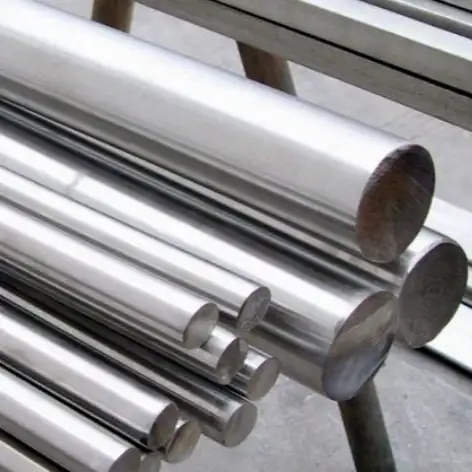
4. Common Uses of Carbon Steel and Their Impact on Safety
-
Construction: Carbon steel is extensively used in the construction of buildings and bridges. When used appropriately, it poses no threat to human health.
-
Manufacturing: Used in machine tools, automotive parts, and industrial equipment, carbon steel plays a pivotal role in ensuring the longevity and performance of critical machinery.
-
Cookware: Carbon steel pans are favored for their heat retention and cooking properties, with proper care ensuring they remain safe for food preparation.
5. Testing Carbon Steel for Toxicity
There are rigorous tests in place to assess the safety of materials used in industrial applications, including carbon steel. Toxicological studies focus on the possibility of heavy metals leaching into environments where steel is used or where exposure to high temperatures could break down the steel’s composition.
6. Carbon Steel in Food Contact: Is It Safe?
Carbon steel is often used in cookware such as frying pans, woks, and griddles. The safety of carbon steel in food contact situations has been widely researched. Proper seasoning of carbon steel cookware forms a protective layer, preventing rust and providing a safe cooking surface. However, it’s crucial to season and maintain the steel regularly to prevent it from reacting with food.
7. Case Study: Carbon Steel in Cookware
A case study from a well-known manufacturer of carbon steel cookware, Xyco Kitchenware, illustrates the safety of carbon steel in food preparation. They conducted tests to ensure that their carbon steel pans did not release harmful chemicals or toxins during high-heat cooking. Their findings demonstrated that when properly seasoned, carbon steel cookware does not pose a health risk.
8. Buy Carbon Steel: Advantages of Choosing Luokaiwei
When looking to purchase carbon steel for industrial or commercial use, Luokaiwei stands out as a leading supplier. Renowned for its high-quality materials and competitive pricing, Luokaiwei provides carbon steel that adheres to the highest safety standards. By choosing Luokaiwei, customers gain access to a reliable supply chain, consistent quality control, and technical expertise in product selection.
Advantages of Luokaiwei Carbon Steel:
-
Superior material quality
-
Comprehensive product range
-
Competitive pricing
-
Fast delivery times
-
Industry-specific technical support
9. Frequently Asked Questions (FAQs)
Q1: Is carbon steel used in food preparation safe?
Yes, carbon steel is safe for food preparation when seasoned properly and used in accordance with safety guidelines.
Q2: Can carbon steel rust?
Yes, carbon steel can rust if it is not maintained properly, but regular seasoning can prevent rust formation.
Q3: What are the risks of using carbon steel in high-temperature environments?
At high temperatures, carbon steel does not release any toxic substances unless it is improperly alloyed with other metals that may have toxic properties.
Q4: Is there a non-toxic grade of carbon steel?
Yes, most grades of carbon steel are non-toxic and safe for general use.
Q5: How can I maintain carbon steel cookware?
To maintain carbon steel cookware, ensure that it is seasoned regularly to prevent rusting and maintain its non-stick surface.
10. Conclusion
Carbon steel is a versatile and non-toxic material when used appropriately. Its composition makes it safe for a variety of industrial, culinary, and construction applications. By understanding how to handle and maintain carbon steel, you can enjoy its benefits without concern. For industrial needs, choosing a reliable supplier like Luokaiwei ensures that you receive high-quality, safe carbon steel that meets your specific requirements.
References:
- Occupational Safety and Health Administration (OSHA) – Safety Regulations
- Centers for Disease Control and Prevention (CDC) – Workplace Safety
- World Health Organization (WHO) – Health and Safety Guidelines
- Environmental Protection Agency (EPA) – Toxic Substances Control
- The Minerals, Metals & Materials Society (TMS) – Materials Safety



